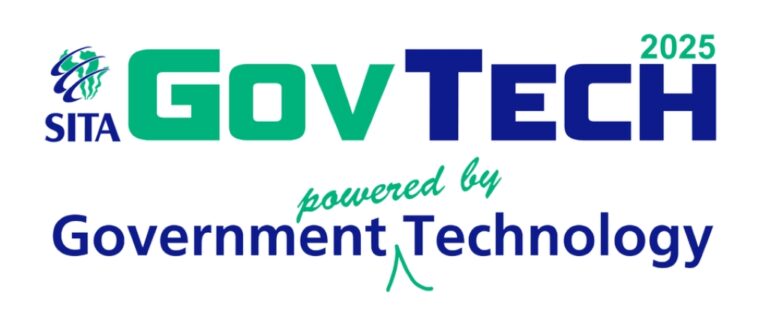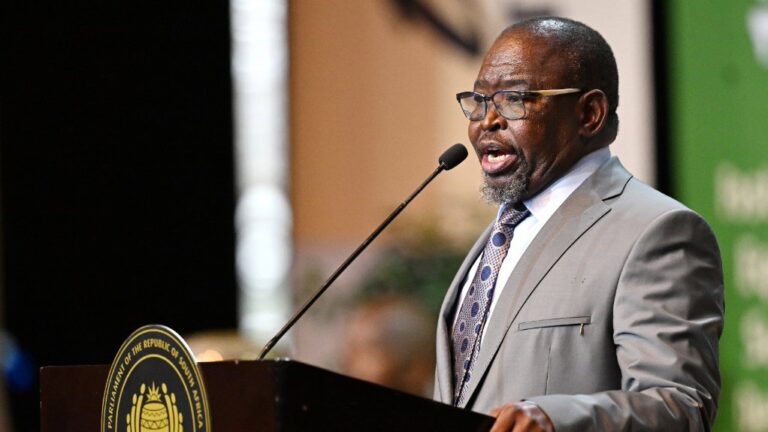As the economy begins to recover, municipalities are expected to play a vital role which requires them to improve their revenue collection.
Historically, municipalities have been behind the curve when it comes to take-up of technological advancements.
But, when it comes to implementing innovative ways of working today, municipalities have no choice but to fully embrace new technologies and develop digital platforms to stay operational after the Covid-19 pandemic. The uncertainty that came with it forced municipalities to consider tech-based presentation of municipal bills.
With SA’s economy having experienced two recessions in a decade, the arrival of the pandemic in March 2020 worsened the devastation and put further strain on the public finances. Municipalities struggled under financial pressure to maintain essential services as revenue collections were low. Now, as the economy begins to recover, municipalities are expected to play a vital role which requires them to improve their revenue collection.
Legislation makes municipalities responsible for the collection of their own income. This is critical in determining their financial viability. However, revenue collection continues to challenge local governments; the limited payment points and inflexible payment options, combined with issues of customer data accuracy and limited channels of communication, are resulting in residents becoming disengaged from their municipalities. The culture of non-payment for services by residents has greatly decreased the revenue base of municipalities.
It is evident that not only did the pandemic make a huge impact on the finances and service delivery of municipalities, it also contributed to shaping a new generation of consumers who expect everything at the click of a button. And municipalities cannot afford to be oblivious to their needs.
According to Internet World Statistics (IWS), SA had more than 38-million internet users in December 2021, making up about 63.1% of the population. Recent statistics indicate that 25-million people use a smartphone, which accounts for about a third of the population.
As such, Electronic Bill Presentment and Payment (EBPP) systems have emerged as an important tool for revenue collection for all governments spheres. These systems are a rapidly growing trend and municipalities should react accordingly. They offer the ability for customers to obtain bills or invoices and make payments online.
However, most municipalities are still lagging behind and using traditional methods such as the mail system as a delivery mechanism, and outdated payment options. As a result, municipalities are losing revenue, as residents in this new digital culture find it frustrating to pay their monthly bills.
Integrating EBPP solutions into local government can help solve critical issues associated with management of debtors, payment plans and reconciliation of accounts. One of SA’s most well-known EBPP offerings is Sars eFiling. Sars has not only received the benefits of reduced debtors’ days and reconciled accounts, but is recognised today as a customer-focused entity.
It is time for all municipalities throughout the country that have failed to move with the technological times to introduce alternative, modern, digital ways of presenting bills to customers and offer bill payment solutions, if they are to recover financially and avoid growing debt books and decrease cash flow problems. This added convenience for customers will result in an increase in customer satisfaction.
* Chiruka is a senior consultant at Ntiyiso Revenue Consulting, with vast experience in IT and product development




